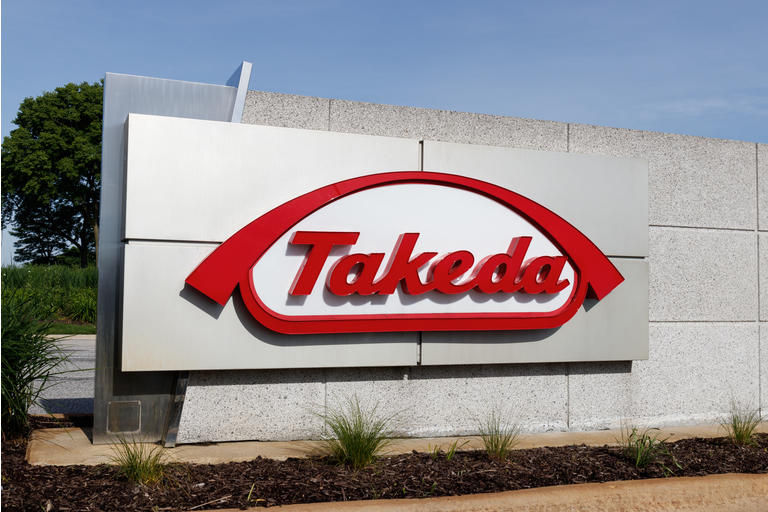Takeda Pharmaceutical Company Limited and JCR Pharmaceuticals Co., Ltd. announced a geographically-focused exclusive collaboration and license agreement to commercialize JR-141 (INN: pabinafusp alfa), an investigational, next-generation recombinant fusion protein of an antibody against the human transferrin receptor and iduronate-2-sulfatase (IDS) enzyme for the treatment of Hunter syndrome (also known as Mucopolysaccharidosis type II or MPS II). Hunter syndrome is caused by a deficiency of IDS and manifests in different forms. JR-141, applied with J-Brain Cargo, JCR’s proprietary blood-brain barrier (BBB) technology, is engineered to transport the therapeutic enzyme across the BBB to directly reach the brain and address both the somatic and neuronopathic manifestations of the disease, which can lead to progressive cognitive decline.
Under the terms of the exclusive collaboration and license agreement, Takeda will exclusively commercialize JR-141 outside of the United States, including Canada, Europe, and other regions (excluding Japan and certain other Asia-Pacific countries). JCR will receive an upfront payment for such ex-U.S. license, and is eligible to receive additional development and commercial milestones as well as tiered royalties on potential sales. The two companies will collaborate to bring this therapy to patients as quickly as possible upon completion of the global Phase 3 program, which will be conducted by JCR.
Takeda receives an option under a separate option agreement, which allows Takeda to acquire an exclusive license to commercialize JR-141 in the U.S. upon completion of the Phase 3 program.
“Takeda is committed to continuously improving the way Hunter syndrome is treated. JR-141 introduces a new way to deliver proteins across the blood-brain barrier, overcoming our current challenges to treat the underlying neuronopathic manifestations of Hunter syndrome and help maintain or improve cognitive function in these patients,” said Dan Curran, M.D., Head, Rare Genetics & Hematology Therapeutic Area Unit at Takeda. “We will work closely with JCR to apply our expertise in enzyme replacement therapies with the hope of bringing this potentially transformative therapy to patients as quickly as possible.”
“JCR is pleased to have reached an agreement with Takeda who is well placed to achieve our common goal of maximizing the impact of JR-141,” said Shin Ashida, President, Chairman of JCR. “Our mission is to provide transformative treatment options as soon as possible to patients with lysosomal storage disorders (LSDs) with central nervous system symptoms, such as Hunter syndrome. JR-141 is the first-ever approved biopharmaceutical in Japan that penetrates the blood-brain barrier. I expect that we will be able to achieve this mission through our partnership with Takeda to deliver a new treatment option to Hunter patients around the world as swiftly as possible.”
JR-141 met its primary endpoint in an open-label Phase 2/3 clinical trial in Japan demonstrating significant reductions in heparan sulfate (HS) in the cerebrospinal fluid, a biomarker for assessing the drug’s effectiveness in reducing disease-causing substrate in the central nervous system, in all subjects for whom measurements were available after 52 weeks of treatment. Somatic disease control was maintained in patients who switched from standard enzyme replacement therapy (ERT). The study also demonstrated an improvement in somatic symptoms in participants who had not previously received standard ERT prior to the start of the trial. Additionally, a neurocognitive development assessment demonstrated maintenance or improvement of age-equivalent function in 21 of the 25 patients at one year. There were no reports of serious treatment-related adverse events in the trial.1

 Latest pharma news update
Latest pharma news update
















.jpeg)











.jpg)




